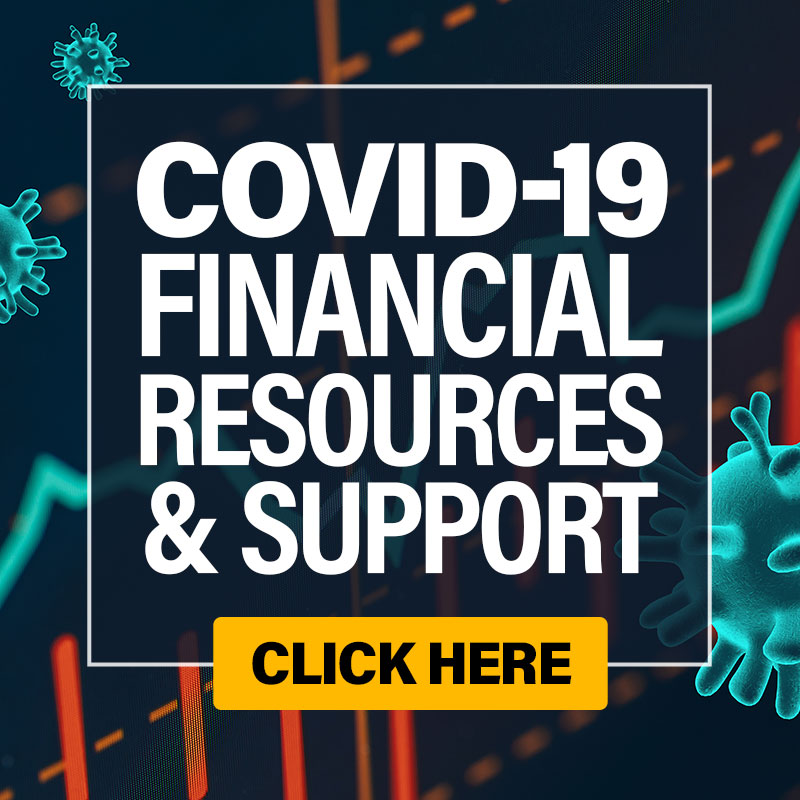
Have you ever gotten really excited about something, felt sure you were going to do it and, then, right when the time came to perform, you chickened out? And, you kicked yourself later for being such a wimp! We’ve all done it at one time or another and it probably wasn’t the best feeling.
Why did this happen? Most times, it is fear of the unknown, fear of failure, or maybe even…fear of success! Really? Can this be true? Sure, it can. We let our brain talk our body out of taking action. But, with some mental toughness, we can overcome these fears.
And, with debt, overcoming the fears can allow us to not only get a great feeling of success on a job well done, but also a sense of calm, knowing we have overcome what is oftentimes a very stressful element to our lives. This “de-stressing” can add years to our life, or if not that, at least substantially “up” the quality of the years we have.
Getting Mentally Tough
How does one acquire this mental toughness? Oftentimes, it’s done the same way as with a lot of other things. Learn the basics, practice, refine our methods, and practice some more. There are some people around my house who just don’t want to hear that’s how you get to be good at something [they even call one element of the process the “P Word”], but it’s true. You can get the mental toughness needed to pay-off your debts by learning some basic skills [ and refining them over time], practicing those skills over and over and over, day in and day out, and getting them to be second nature. Let me show you what I mean.
Let’s take a really small debt, something that most everyone would agree is easy: paying for a soda at the local C-store. You put the item up on the counter, pull the money from your pocket and pay the clerk. In its simplest form, you just paid a debt. Wow, that was pretty easy! And, why was it so easy? Because we felt no qualms, even down to our very core, about parting with a buck or two to get that soda. Easy, peasy.
Next, you head to the grocery store to buy things for dinner. Again, a rather easy process. Put the items on the belt, have the cashier ring things up and tell you what you owe, and pay. Now, depending on the bill and how much money you have, you might have felt a little unease with paying this bill. But, you do it, nonetheless.
Now comes a harder one [but one that merchants everywhere have “helped” us with]. We have a larger purchase, say several hundred dollars that we just don’t quite have enough money in our bank account to cover. We could wait until we get paid next week [we are vaguely familiar with the term “delayed gratification”] and be quite able to survive until we have the cash. But, we want it now and we can pay for it in the very near future. So, what do we do? Just get out that credit card and buy it! And, you know what, using the card actually made the purchase easier, we didn’t really have that feeling of parting with the cash. Why? Because in our minds, we didn’t really part with the cash, it was still in our bank account. And, to top it off, we had the new item! Great feeling!!
Don’t Get Tricked!!
But, what just happened? Did our mind just trick us? Did it give us this good feeling when we didn’t really deserve it? And, what about when it is time to pay the credit card bill; do we get that same good feeling then? Not generally, which is why many of us don’t really pay down debt, we just pay minimum payments and let it accumulate until it becomes a problem: that “stressful element” to our lives that I mentioned earlier.
Finally, one day we’ve just had it. We have to clear this debt out of our lives. But, where to start? I would submit that you have to start with your head. You have to get mentally ready to pay off debt. You actually have to practice doing it. Which leads me back to the debt snowball. If you recall from a recent post [add link here], the debt snowball is a method for rapidly paying off debt. One of things about it is that it really attacks the mental aspect of the process. You start with the smallest debt first and quickly get a good feeling of progress on paying off debt. But, you also get practice in parting with money as part of the pay-off process. Not as good a feeling, but definitely something you have to get used to in order to finally be debt-free. As you practice parting with the money, you get more used to it. Then, when it’s time to relinquish even greater sums as you get to those larger debts, you can do it. You practiced paying debt and giving up cash. You didn’t let your brain talk your body out of doing this! You are ready for that great feeling to finally be debt free!!
What do you think about this? I would really like to know!


